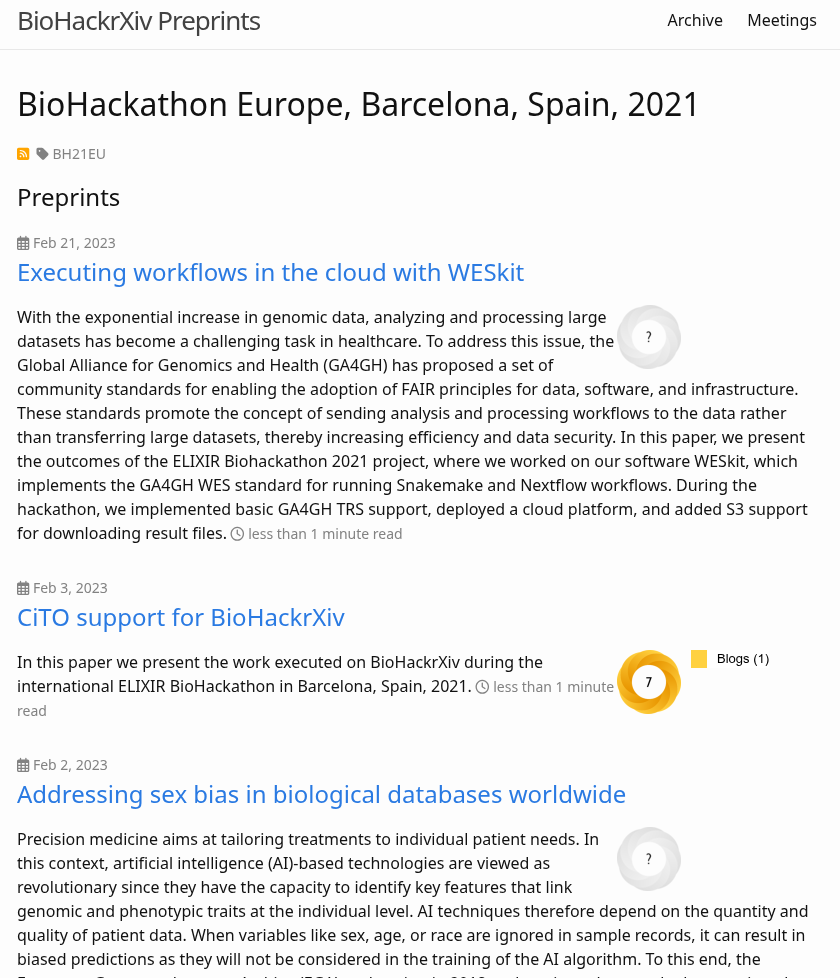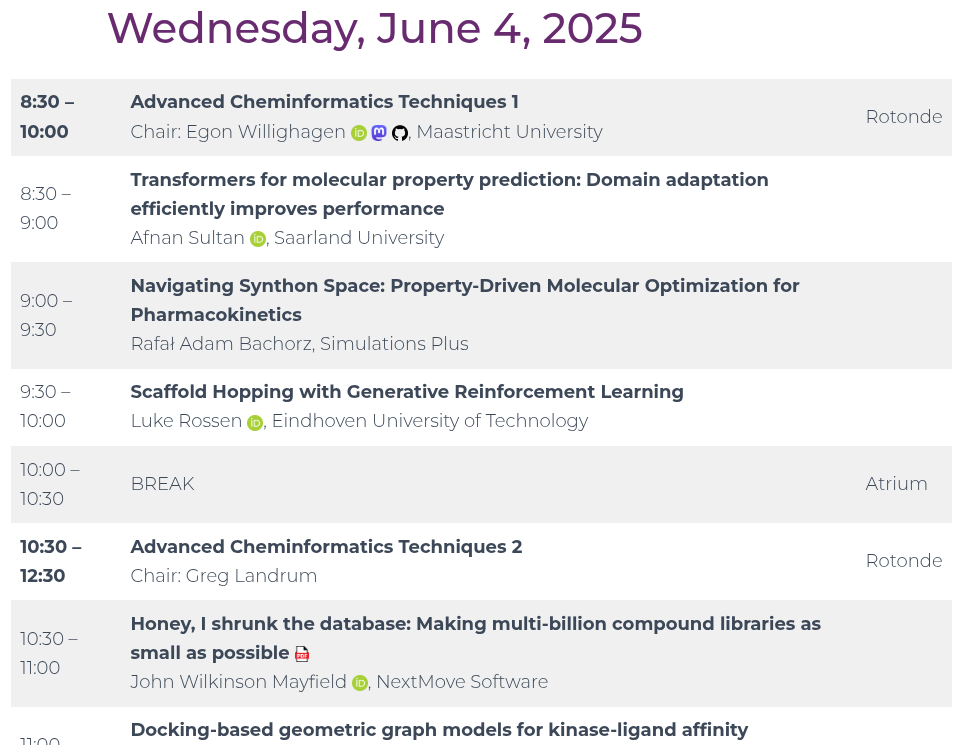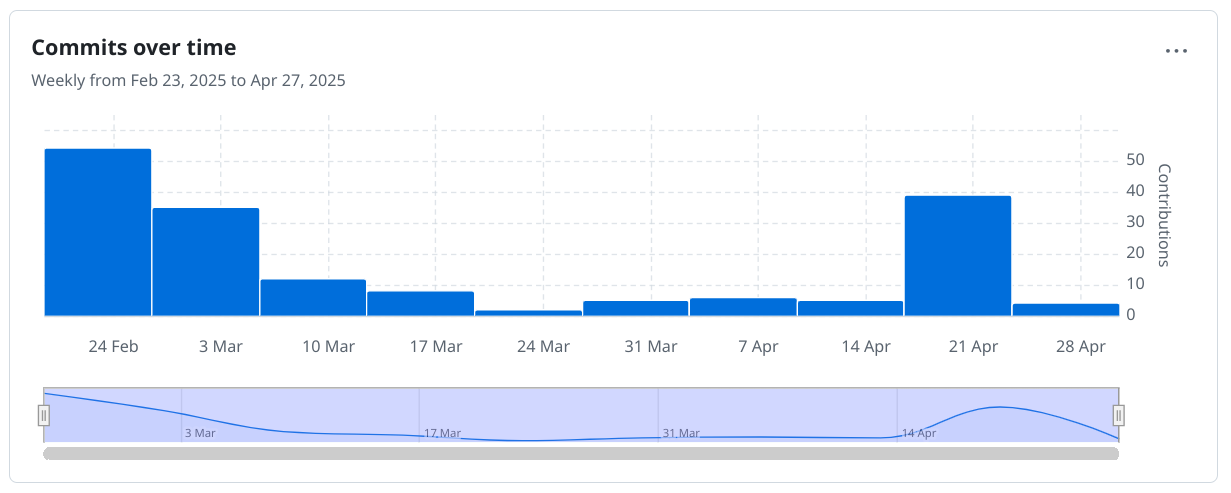-

All BioHackrXiv preprints and BioHackathon RSS feeds
One thing I was still missing in BioHackrXiv was a place with an overview of: 1. all biohackathons, 2. all preprints linked to a biohackathon, 3. an RSS feed for new papers of a biohackathon. Of course, there is the BioHackrXiv discover service, but the biohackathon is not a metadata field and I cannot filter based on it. And, of course, there is Scholia, but not all preprints are notable (so far, a good number had CiTO annotation that at least made them somewhat notable). Thus, they are not all listed in this venue page and neither on this overview of collections of preprints linked to BioHackathon Europe meetings. -

One Million IUPAC names #3: the 200 thousand milestone and 1 million IUPAC names
I could not find the time earlier to report (reason), but three weeks ago we passed the fourth milestone release of the CCZero IUPAC names found in literature collection. This release contains 200026 IUPAC names, 168702 unique names, reflecting 116207 unique InChIKeys. Time for an update of the One Million IUPAC names project. -
Retracted articles cited in Wikipedia
Last week, the Wikidata and Sister Projects event tooks place. The presentations are recorded, and I strongly encourage you to check the schedule. One presentation I liked (there are more), was the one by Mike Peel with the title “Best practices for reusing Wikidata’s data in the Wikimedia Projects”. At some point he walks us through the {{Cite Q}} template, around 26:07. -

ICCS2025: back in Noordwijkerhout
This week the 13th International Conference on Chemical Structures took place (see also this Scholia overview or this overview of the full ICCS history). This is the conference I first joined 20 years ago as a PhD student presenting a poster (see these past blog posts). Of course, I am actually co-organizer nowadays (actually, co-treasurer). Organizing a meeting with just over 200 participants, and I like to thank Gerard and Willem in particular, but also Pieter, Marcus, Frank, Jenke, and Frans Koeman who has helped us during the past three events. -
New preprint: "Scholia Chemistry: access to chemistry in Wikidata"
Two week ago I uploaded a paper that has been in the works for some time. In fact, I first mention it as conference paper for the special issue of the 11th International Conference on Chemical Structures, you know, the meeting held in 2018, of which the 13th edition starts in 7 days. I had a poster at that conference which I described in this blog post. -
INTOXICOM Workshop #4: Training Materials for Toxicology
INTOXICOM is an ELIXIR Toxicoloy Community (doi:10.12688/f1000research.74502.2) implementation study, organizing five workshops, each one with a different topic. The first three workshops were in Utrecht (doi:10.37044/osf.io/un2rw), Basel, and Uppsala. The fourth workshop has the theme training material and will be held in Birmingham (thanks Iseult!). And one aspect of that is to make existing training material from toxicology projects indexed and therefore more FAIR.
